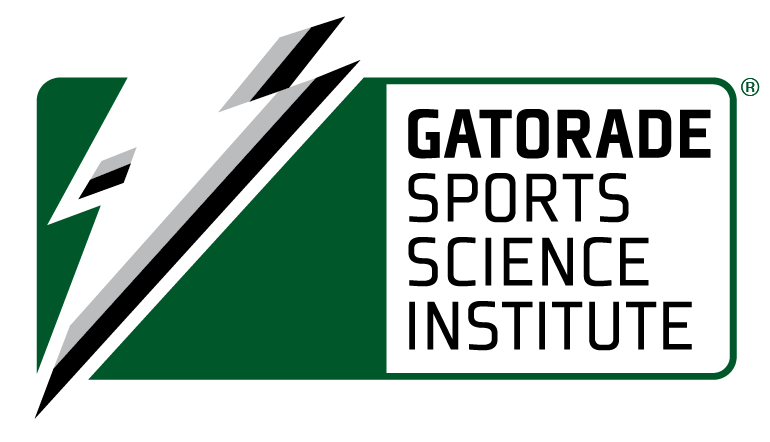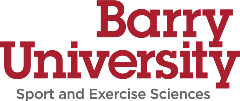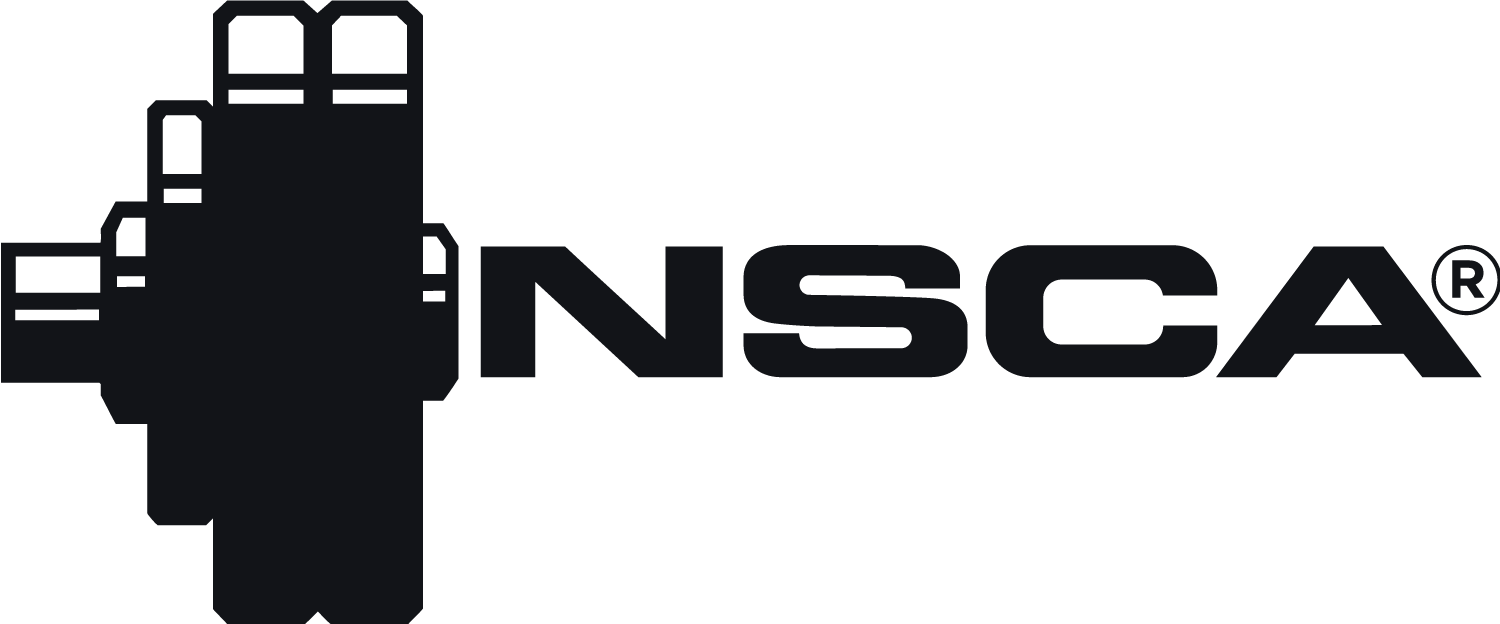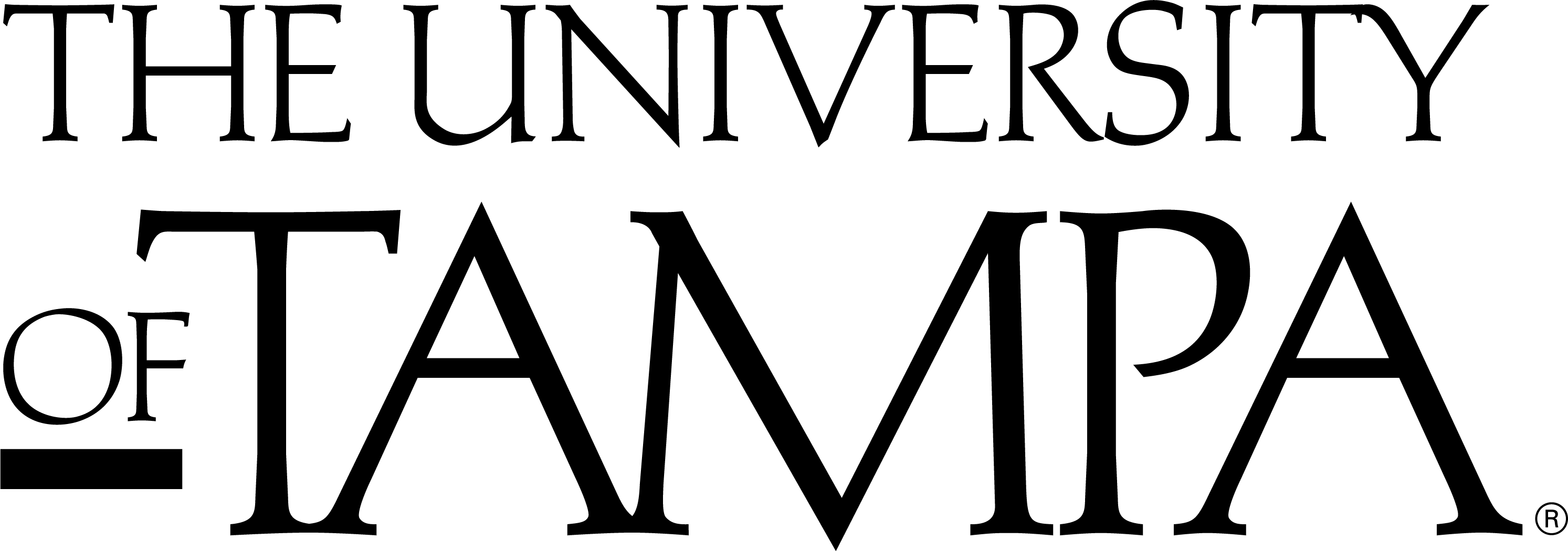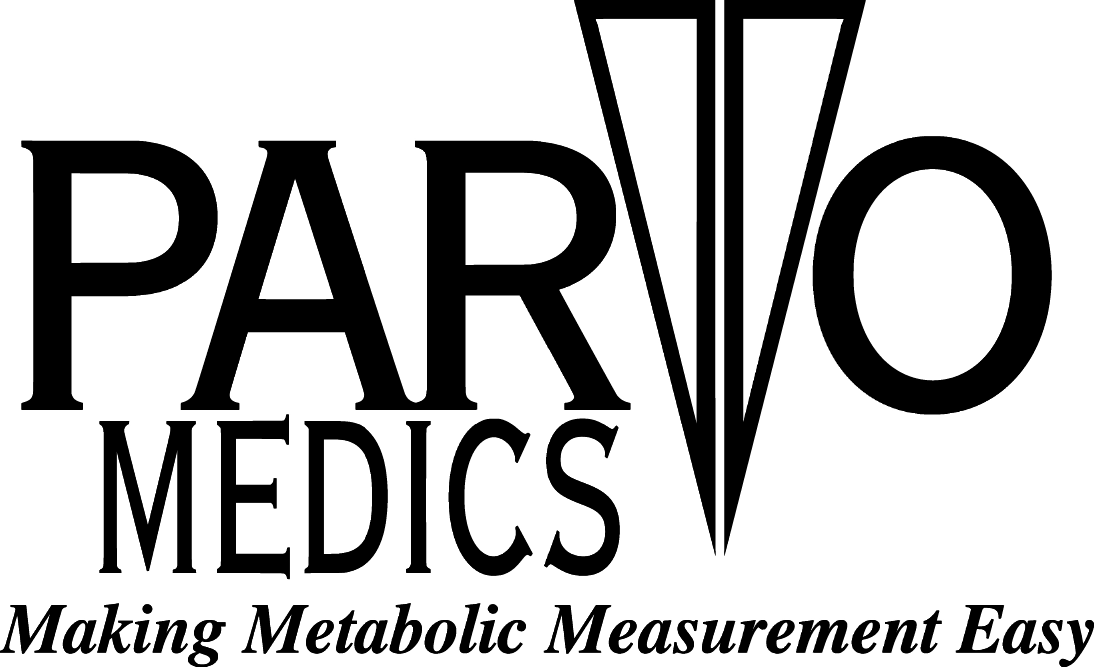
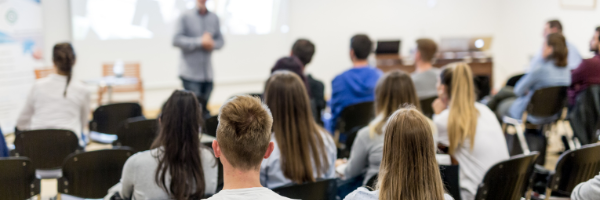
2026 Session Proposal Information

2026 Annual Meeting Spotlight
Physical Activity, Exercise and Technology
ACSM’s commitment to advancing health through science continues to evolve alongside emerging innovations that shape how we move, measure, and motivate. In 2026, ACSM’s Annual Meeting Spotlight will focus on the powerful convergence of Physical Activity, Exercise and Technology. Technology is transforming how physical activity is studied, prescribed, and experienced—from wearable devices and AI-driven interventions to virtual platforms and advanced diagnostics. This year’s spotlight will explore the intersection of basic, applied, and/or clinical science as it relates to the collective impact of physical activity, exercise, and technological advancement. Sessions in this track should reflect how innovations in technology enhance scientific understanding, clinical outcomes, performance, or population health. Through this spotlight, ACSM aims to highlight research and initiatives that are not only shaping the future of the field, but also advancing its mission to extend and enrich lives through the power of movement.
In order to be considered as part of the spotlight topical programming, the session should demonstrate the intersection between basic, applied, and/or clinical science as it relates to their collective impact on physical activity, exercise, and the role of technology in these areas.
Deadline was July 10, 2025 at Noon PT
Submitters will be notified of the status of their submission in September.
Special Note: Prior to submitting your proposal on-line, please take the time to have all submission information available, as only complete proposals will be accepted.
- Session Title
- Session Presentation Format – In-person only, Virtual only, Hybrid (in-person and virtual), Flexible
- Area of Interest and Audience – Applied Science; Basic Science; Medicine; or Integrative and target audience
- Translational Science – indicate if the session is translational research
- Topical Category – see listing below
- Session Description – 150 words or less
- Learning Objective and Needs/Gaps in Performance
- Session Submitter, Speaker, Chair information: First name, Last name, Organization name, City, State, Country, Zip, Phone, Email, ACSM member?, ACSM Fellow member?
- Relevant Financial Relationship Disclosure: Only collected for the Submitter at this point in time. If the session is accepted, each speaker will provide any relevant financial relationship disclosures at a later date.
- Session Speaker Information:
- SYMPOSIUM: min. of 2, max. of 4 speakers; 1 required Chair
- TUTORIAL LECTURE, COLLOQUIUM, CLINICAL WORKSHOP: min. of 1, max. of 3 speakers
- Accessibility Needs
Clinical/Medicine, Exercise is Medicine (EIM) and Integrative Submissions
(Non-clinical submitters will indicate N/A)
- What are the problems sports medicine physicians are facing in their practice? (practice gap) Please explain in 100 words or less.
- What is the underlying cause of the problem/practice gap? Why do these problems exist? Is it a lack of knowledge, need to improve competence and or performance? Please explain in 50 words or less.
- How did you determine the practice/gap need? (e.g. new or existing guidelines, latest advances as reported in the literature, discussions with peers, quality or patient safety issues. Please cite the sources used to determine the need/gap.) Limit 1200 characters
- Prepare ONE learning objective for your proposed presentation. Remember to write it in terms of what you want your learners to put in to use following your session, not what you will teach. Please note character limit (including spaces) is 250.
- List one or two changes learners should be able to make following your session, based on the learning objectives you provided.
Optional Field for all Session Types
- If this proposal falls under a current ACSM Special Interest Group, please select the Special Interest Group.
FOR SYMPOSIUM ONLY
- Presentation times in minutes – Please make sure that all presentation times (including Introduction and Discussion times) add up 90 minutes.
- Individual presentation title for each speaker
Session with a 90-minute format:
- Symposium: These sessions are in-depth, scientific, and state-of-the-art lectures in important areas of research and clinical practice. This session should include 1 chair and 2-4 speakers with time allotted for an introduction and overview and overall discussion.
Sessions with a 50-minute format:
- Clinical Workshop: These sessions are hands-on small group demonstrations of current examinations and treatment modalities of sports medicine problems. Space in the meeting room is available on first arrival.
- Colloquium: Colloquia are interactive discussions on topics or issues in sports medicine, exercise science or clinical practice.
- Tutorial Lecture: These lectures are critical reviews and analyses of the current state of knowledge in a field in sports medicine, exercise science or clinical practice. The lecture should familiarize attendees with the basics of a subject and progress to current issues, questions, problems, and the frontier of knowledge.
Fitness Assessment, Exercise Training, and Performance of Athletes and Healthy People
101 fitness assessment of healthy people
102 exercise training interventions in healthy people
103 sport science
104 ability status assessment
105 pregnancy/prenatal/post-partum assessment
106 other
Cardiovascular, Renal, Immune, and Respiratory Physiology
201 cellular/molecular
202 cardiac
203 vascular function/blood flow
204 acute exercise
205 disease
206 renal
207 respiratory
208 oxygen uptake kinetics
209 immune function
210 other
Skeletal Muscle, Bone and Connective Tissue
301 skeletal muscle physiology
302 physiology and mechanics of bone and connective tissue
303 cellular and molecular physiology related to these systems
304 ability status
305 genetics
306 other
Biomechanics and Neural Control of Movement
401 musculoskeletal injury and rehabilitation
402 running
403 sports movement biomechanics
404 sports equipment, apparel, footwear
405 aging and older adults
406 neuromotor control, posture, balance
407 walking and daily activities
408 movement disorders, neurological injury
409 musculoskeletal mechanics, modeling
410 methods, validity, reliability, instrumentation
411 other
Epidemiology and Biostatistics
501 epidemiology of physical activity and health
502 epidemiology of injury, ability status, and illness
503 physical activity assessment
504 population-based surveillance
505 biostatistics/research methodology
506 meta-analyses
507 genetics
508 other
Physical Activity/Sedentary Behavior/Health Promotion Interventions
601 interventions
602 programming
603 policy
604 built environment
605 other
Nutrition, Metabolism, and Endocrinology
701 carbohydrate metabolism
702 fat metabolism
703 protein and amino acid metabolism
704 energy balance and weight control
705 nutrition assessment and intervention
706 vitamins and minerals
707 dietary supplements and ergogenic aids
708 nutrition and chronic disease
709 age group and gender
710 endocrinology
711 appetite regulation
712 disordered eating
713 other
Psychology, Behavior and Neurobiology
801 mental health
802 cognition
803 mood, affect, and emotion
804 perception (RPE, pain, fatigue)
805 behavioral aspects of physical activity
806 neuroscience
807 exercise science education
808 other
Environmental and Occupational Physiology
901 heat stress and fluid balance
902 cold stress
903 hyperbaria
904 altitude and hypoxia
905 space physiology and microgravity
906 occupational or military physiology and medicine
907 climate change and pollution
908 other
Athlete Care and Clinical Medicine
1001 athlete medical evaluation and care
1002 athlete trauma evaluation and care
1003 age group and gender
1004 chronic illness and special populations
1005 adaptive sports/ability status
1006 clinical translation – focus on improving health outcomes through the integration of evidence-based medicine and quality improvement initiatives
1007 other
Clinical Exercise Physiology and Chronic Disease
1101 clinical exercise testing
1102 cardiovascular diseases
1103 pulmonary/respiratory diseases
1104 cancer
1105 obesity/diabetes
1106 musculoskeletal/neuromuscular diseases
1107 other
Exercise is Medicine
1201 EIM on campus
1202 physical activity training for healthcare providers and exercise professionals
1203 physical activity integration into health systems
1204 physical activity integration into community health settings
1205 health economics of physical activity
1206 physical activity promotion with patients in under-resourced communities and health systems
1207 other
Health Equity
1301 aging
1302 pediatric
1303 rural/urban
1304 race/ethnicity
1305 socioeconomic status
1306 ability status
1307 other
Professional Development/Organizational Information
1400 Professional Development/Organizational Information
Annual Meeting Speaker Remuneration Policy
Consideration of remuneration for ACSM non-member speakers will be upon request by the submitter at the time of submission: limited to two nonmember speakers per Symposium and one nonmember speaker per Tutorial Lecture, Colloquium, or Clinical Workshop. The Program Committee will have final approval. Additional remuneration requests after this submission process will not be approved.
There are two remuneration package options to choose from:
- Option 1-Expense Reimbursement – Partial funding requests are appreciated to maintain costs.
- Option 2-Flat Honorarium includes complimentary registration and $1,000 provided post-event and submission of receipts are not required.
ACSM member speakers are responsible for paying all expenses in connection with attending and presenting at the event.
Local nonmember speakers are expected to select Option 1-Expense Reimbursement. Option 2-Flat Honorarium will not be approved for local speakers. Mileage to the meeting location and return home will be reimbursed at the IRS mileage rate in place of the economy class airfare. A local speaker is defined as being no more than two hours from the meeting location.
ACSM Non-Member Accepted Speakers
Option 1 – Expense Reimbursement (full or partial requests from a-d below)
a. Complimentary registration to attend and present at the in-person Annual Meeting.
b. Round-trip advance-purchase economy class airfare for approved non-member speakers to the Annual Meeting purchased through ACSM’s official travel agency.
c. Up to two nights of hotel accommodation during the Annual Meeting for approved non-member speakers at a hotel within ACSM’s room block not to exceed the headquarter hotel rate, based on availability. Speakers are responsible for all other hotel costs, including incidentals. Submission of hotel receipt post-event is required for reimbursement.
d. Reimbursement for meals and required ground transportation for two days at the Annual Meeting not to exceed $75.00 per day. Submission of receipts post-event is required for reimbursement.
Option 2 – Flat Honorarium (includes a & b below)
a. Complimentary registration for the Annual Meeting
b. $1,000 post-meeting
ACSM recognizes the desire and value of non-member experts participating in the program; however, we must be prudent by following these guidelines: 1) only use a non-member speaker when a comparable ACSM member expert is unavailable, 2) when possible, use non-member speakers from the city where the meeting is held, 3) use non-member speakers from North America unless there is compelling need to go elsewhere.
If a non-member speaker approved to receive remuneration cannot present due to an extenuating circumstance and is replaced by another non-member, this policy will be transferred to that non-member. Depending on the location of that non-member replacement, adjustments to the approved remuneration may be made by ACSM. If a non-member speaker approved to receive remuneration cannot present due to an extenuating circumstance and is replaced by a member, the member speaker will be responsible for paying all expenses as mentioned above. If the speaker is not replaced, the remuneration will be voided.
A non-member can only be paid for approved expenses (or portion of expenses) one time in a 5-year cycle; however, can receive “complimentary only registration” within that same 5-year timeframe. If the individual is recommended as a “named lecturer,” within the 5-year cycle, this would be exempt from the 5-year cycle. Any exceptions to this policy must be approved by the Chair of the Program Committee and the Director of the Education Department.
Proposals submitted by non-ACSM members will be treated as members with regard to financial remuneration; therefore, all will be responsible for paying their own expenses in connection with the meeting, which includes paying the registration fee for the meeting.
ACSM Member Speakers
ACSM member speakers participating in a session are responsible for paying all expenses in connection with attending and presenting at the event, including the registration fee. (This does not include presentation for Named and President’s lectures.)
ACSM members with lapsed dues are considered members and will need to bring their dues to current status. ACSM membership must be current within the previous 5-years of the meeting year.
The Program Committee reserves the right to approve or not approve recommendations for programming. We would appreciate it if you would not make a commitment to those people you recommend for participation until after you receive notification. We do ask that you have contact with all the speakers you have proposed, assuring their availability to serve on your panel should your session be approved for placement on the program.
Notifications regarding the status of your submission will be sent electronically in the fall to the submitter (not individual speakers). For those accepted proposals, all speakers will receive electronic notification in December with presentation date/time and other meeting details. Please be sure all e-mail addresses are accurate.
Should you have questions, feel free to contact the ACSM Education Department at breed@acsm.org.

